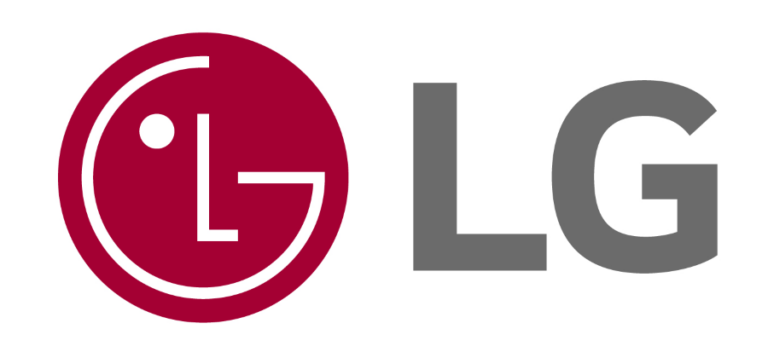Leading the Shift to Software-defined Robotics and Enhancing Synergy in Robot Business
LG is preparing for a transition towards Software-defined Robotics (SDR), a shift from hardware to software emphasis, similar to what has been observed in the mobility industry. In anticipation of future growth, the company is committed to developing scalable service robots on an open architecture software platform so that it may cater to a variety of environments, recognizing the critical importance of standardizing AI-based autonomous robot platforms. With this understanding, LG views this strategic investment as a pivotal opportunity to propel its robot business capabilities.
With years of experience in the robot business, LG has accumulated expertise in deploying robot solutions across various commercial spaces such as airports, hotels, restaurants, hospitals, retail stores, museums, smart warehouses and golf courses. LG operates a facility dedicated to the production of service robots at the LG Future Park in Gumi and boasts world-class capabilities in management of quality, supply chain and customer services.
By combining Bear Robotics’ world-class R&D talents and software platform expertise with its own strengths, LG aims to spearhead efforts in standardizing robot platforms to significantly reduce market-entry costs, thereby enhancing operational efficiency and fostering synergies. “Just as Android revolutionized the smartphone era, standardized open platforms are essential for the activation of the robot market,” remarked Bear Robotics CEO John Ha.
Charting a Course for Future Growth in the Service Robotics Market
In recent years, LG has strategically reallocated resources towards high-growth sectors for the future, aligning with market dynamics and the strategic significance of its business models. The investment in Bear Robotics epitomizes LG’s dedication in accelerating the advancement of its service robot sector, a pivotal component of its future growth strategy.
LG has been nurturing its robot business as one of its future core pillars. From the deployment of guide robots at Incheon International Airport in 2017, it has progressively introduced tailored solutions for diverse commercial settings, encompassing delivery and disinfection functionalities. Since the preceding year, LG has actively pursued expansion into international markets including the United States, Japan and Southeast Asia.
The service robotics market is expected to experience rapid growth, propelled by the rapid advancement of technologies such as AI and communication. On a global scale, the market is anticipated to grow from 36.2 billion USD in 2021 to 103.3 billion USD by 2026.
Last year, LG unveiled its Future Vision 2030, outlining its goal of evolving into a Smart Life Solution Company that can seamlessly connect and expand customer experiences across various domains, including home, commercial, mobility and virtual spaces. Aligned with this vision, LG aims to achieve the ‘Triple Seven’ goal: an average growth rate and operating profit of seven percent or more, alongside an enterprise value translating into an EBITDA ratio of seven.
“As the service robot market enters a period of growth, this equity investment will significantly contribute to securing a ‘Winning Competitive-edge’ for the company,” emphasized Lee Sam-soo, Chief Strategy Officer of LG Electronics. “From a mid- to long-term perspective, we will seek to develop our robot business into a new growth engine, exploring various opportunities through the integration of cutting-edge technologies such as Embodied AI and robotic manipulation.”

